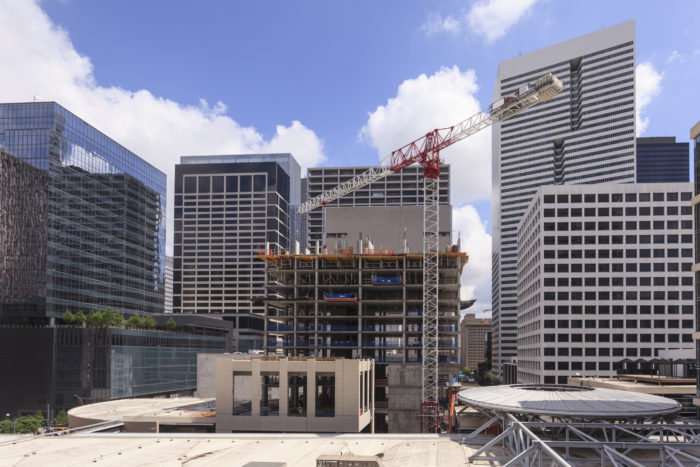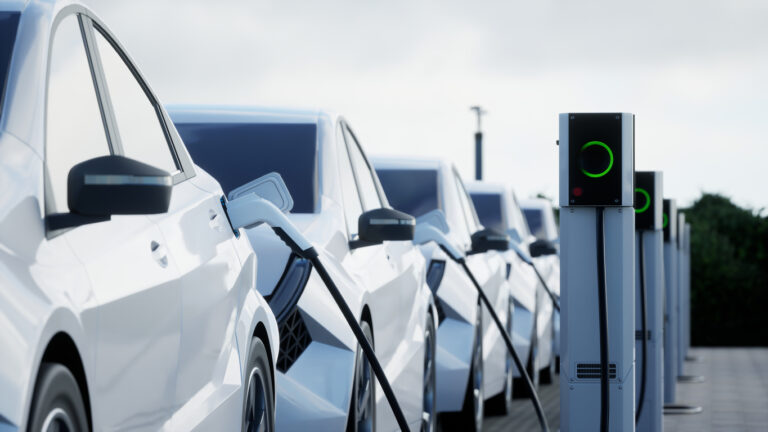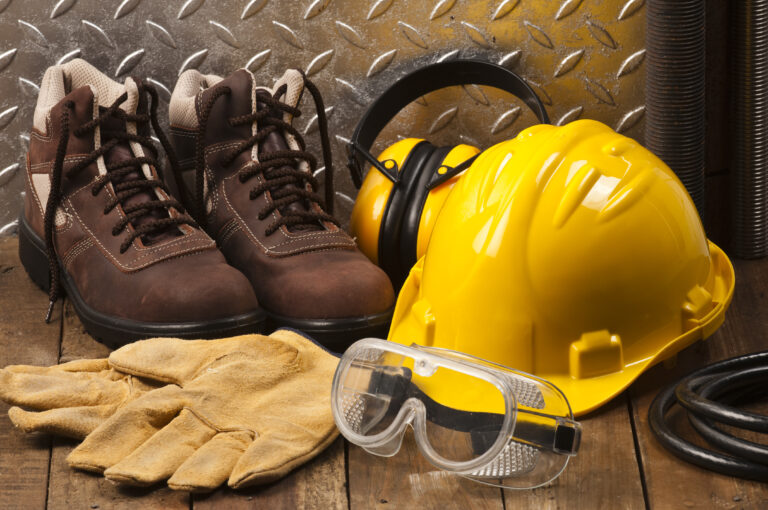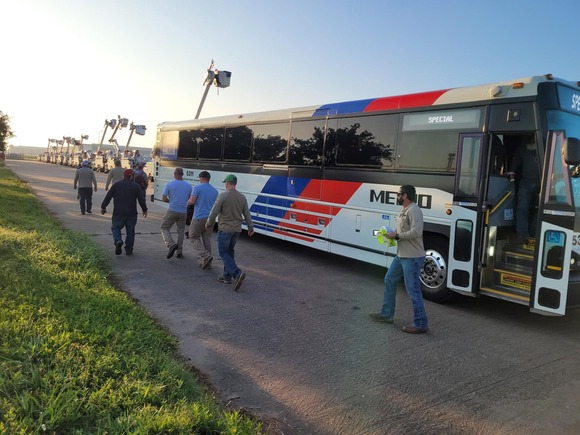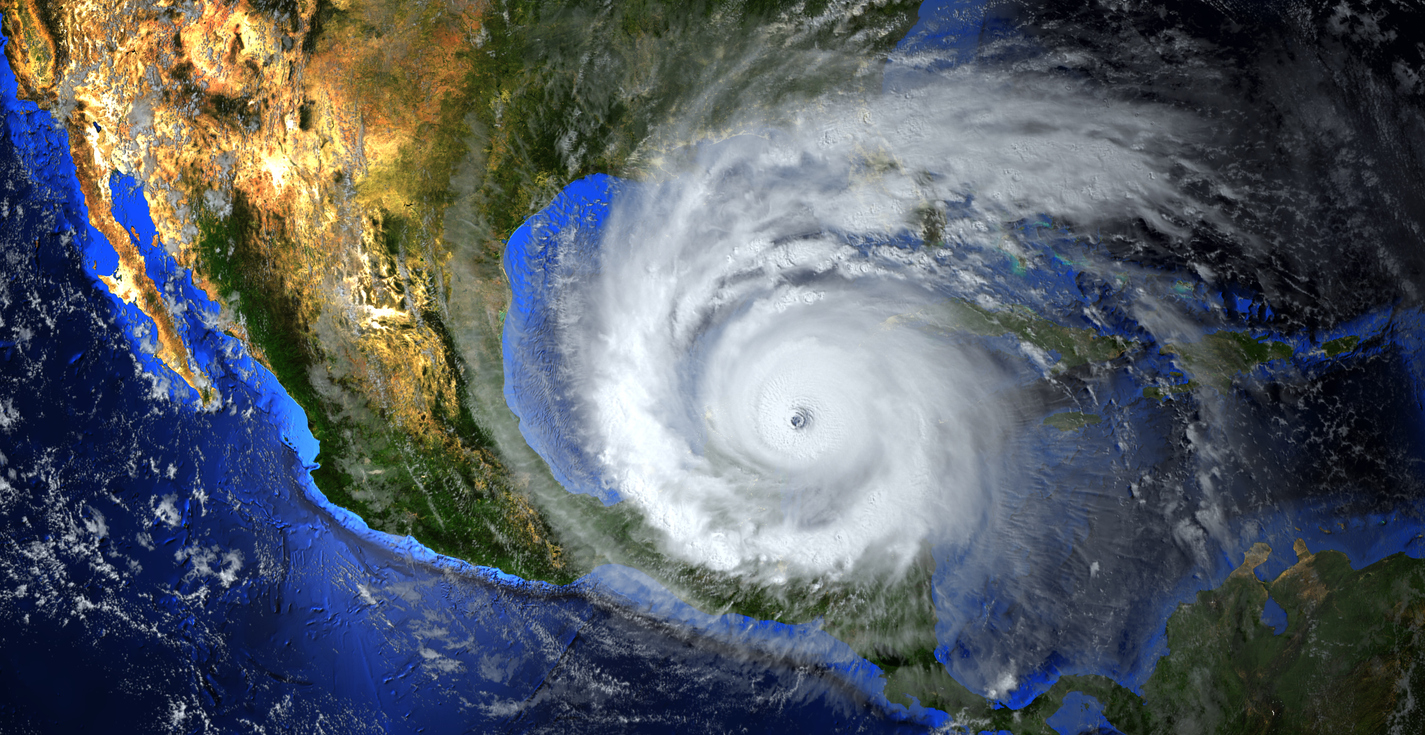
HOUSTON — As the Houston area and surrounding communities enter the 2024 hurricane season, CenterPoint Energy is reminding all customers – especially those who depend on electricity for life-sustaining equipment – to have an emergency plan in place in the event of severe weather.
With the May 16 derecho bringing an early start to the severe weather season, safety and storm preparedness remain top-of-mind for the company’s workforce.
“Last month’s sudden, destructive storms and the trail of significant damages left in their wake reinforced the importance of always being prepared,” said Lynnae Wilson, Senior Vice President, Electric Business. “2024 is expected to be a very active hurricane season, and history has shown time and again that the path and intensity of these storms can be highly unpredictable.”
The 2024 National Oceanic and Atmospheric Administration (NOAA) predictions forecast a range of 17 to 25 named storms. According to NOAA, 8 to 13 of the predicted named storms are forecasted to become hurricanes with winds 74 mph or higher, including four to seven major hurricanes with winds 111 mph or higher.
Customers should develop an emergency plan and assemble a hurricane preparedness kit that includes essential items such as non-perishable food, water, flashlights, batteries, a first aid kit, any necessary medications, a battery-powered radio and a portable charger for mobile devices. The company also encourages customers to enroll in CenterPoint’s Power Alert Service® to receive outage details, estimated restoration time and community-wide restoration updates.
“CenterPoint wants to assure our customers that we are prepared for the 2024 hurricane season,” Wilson said. “We understand and take seriously the fact that severe weather will cause outages that impact our customers’ lives. That is why we will be ready to deploy the resources necessary to restore service as safely and quickly as possible.”
If electricity is a necessity, customers or their caregivers should make other arrangements for on-site back-up capabilities or alternatives in the event of an outage. CenterPoint encourages customers who depend on electricity for life-sustaining equipment to ask their doctor to submit an application for critical care customer status to the utility for their area.
According to the guidance below from the National Hurricane Center and National Oceanic and Atmospheric Administration’s Saffir-Simpson Hurricane Wind Scale, customers should be prepared to be without electric service according to the following guidelines:
The Saffir-Simpson Hurricane Wind Scale’s information can be found here.
In the event of a severe weather event, remember:
- Stay informed of weather conditions and warnings or advisories issued by local authorities by paying close attention to announcements from local news outlets for important information regarding ongoing conditions and recovery efforts.
- If you experience an electric outage, do not open freezers and refrigerators any more than necessary, as opening these appliances will allow food to thaw more quickly.
- Only use a portable generator in a well-ventilated area and never run it inside or in a garage to avoid carbon monoxide fumes, which can be deadly.
- Never connect a portable electric generator directly to your building’s electrical system during a power outage; electricity could backfeed into the power lines and potentially endanger utility workers.
- Do not turn off your natural gas at the meter; your natural gas meter should be left on to maintain proper pressure in the natural gas piping within the house and to prevent water from entering the lines should flooding occur.
- If you wish to discontinue natural gas service, the natural gas can be turned off at each appliance. Later, to restore natural gas service to an appliance, you may follow the written instructions located on the appliance for re-lighting. If you are unable to locate the instructions or don’t feel comfortable re-lighting, call a qualified plumber/technician.
- Have your weatherhead, which connects the overhead power line to your home or business, checked for damage. Any weatherhead problems will need to be repaired by a licensed electrician prior to service being restored.
During post-storm recovery and restoration efforts, remember:
- Stay away from low-hanging, downed power lines or lines that could be submerged in standing water. Treat all downed power lines as if they are energized. Report any low-hanging or downed power lines to CenterPoint Energy by calling 713-207-2222.
- Water poses a potential electric safety threat because it’s a good conductor – always be careful not to touch water, or anything in contact with it, near a downed power line.
- Any amount of water, including a puddle, can become energized. If you see a downed power line near water, retreat to a safe distance, then call CenterPoint Energy immediately at 713-207-2222 to report it.
- Flood waters can be hazardous. Always use extreme care when stepping into flooded areas. Submerged outlets or electrical cords can energize water, even from a distance.
- If your home was flooded, call a licensed plumber or a natural gas appliance technician to inspect your appliances prior to requesting a service reconnection.
- Boats or other vehicles being used in high water can expose you to danger from power lines at their normal height. Be aware and stay away.
- If water has risen above the electrical outlets, contact a licensed electrician before turning on the main circuit breaker.
- If you smell natural gas — which has a distinctive, strong odor, often compared to rotten eggs or sulfur — leave the area immediately on foot, and tell others to leave, too. Do not turn the lights on or off, smoke, strike a match, use a phone or operate anything that might cause a spark, including a flashlight or a generator. Once safely away from the area, call 911 and CenterPoint Energy, and we will send a trained service technician immediately.
- While conducting clean-up, call 811 to locate utility lines prior to digging on your property.
- Be cautious around work crews and give them plenty of room to safely assess damage and make repairs.



